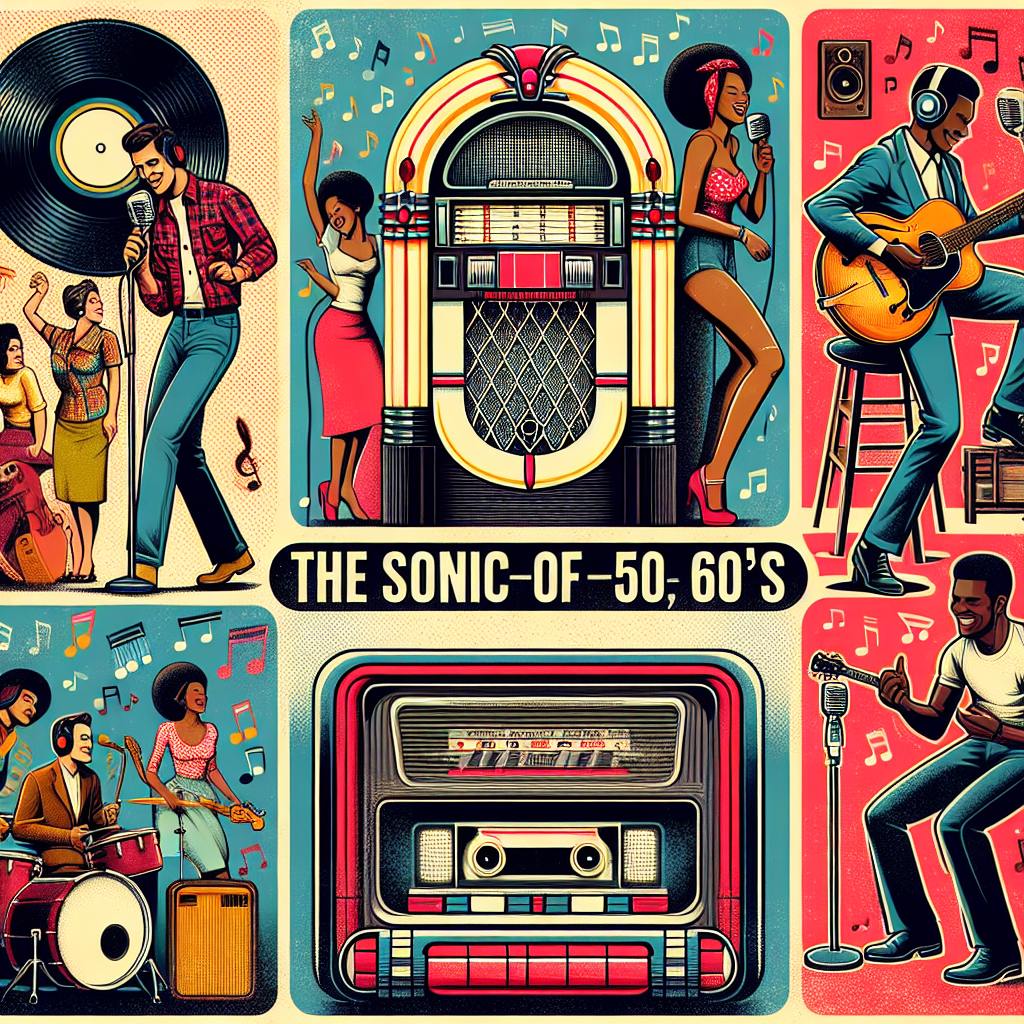Music has always been a powerful force in shaping culture and defining generations. From the rebellious rock ‘n’ roll of the 1950s to the psychedelic sounds of the 1960s and the disco beats of the 1970s, each decade had its own unique soundtrack that reflected the social and political movements of the time.
In the 1950s, music was at the forefront of a cultural revolution. Rock ‘n’ roll emerged as a new genre that challenged traditional values and norms. Artists like Elvis Presley and Chuck Berry became icons of a generation that was breaking free from the constraints of post-war society. The music of this era was rebellious, energetic, and full of attitude – just like the teenagers who embraced it.
As we moved into the 1960s, music continued to play a central role in shaping cultural movements. The rise of folk music with artists like Bob Dylan and Joan Baez gave voice to the civil rights movement and anti-war protests. The Beatles brought their own brand of British invasion to America, sparking a phenomenon known as Beatlemania. Psychedelic rock bands like The Doors and Jefferson Airplane pushed boundaries with their experimental soundscapes, reflecting the counterculture movement that was sweeping across the nation.
By the time we reached the 1970s, music had become even more diverse and influential. Disco ruled the airwaves with artists like Donna Summer and Bee Gees creating dance floor anthems that defined an era of glittering nightlife and hedonistic excess. Meanwhile, punk rock emerged as a raw and unapologetic response to mainstream culture, with bands like The Ramones and Sex Pistols challenging societal norms with their loud guitars and aggressive lyrics.
Throughout these three decades, music not only reflected cultural movements but also helped to shape them. Politicians tried to censor rock ‘n’ roll lyrics they deemed inappropriate, fashion trends were influenced by iconic musicians like Elvis Presley or David Bowie, and technological advancements in recording equipment allowed for new sounds to be created.
Despite these challenges, music continued to thrive as a driving force behind cultural change. It brought people together in times of turmoil, provided an outlet for self-expression, and inspired generations to push boundaries and challenge authority.
Today, we can still see how music continues to define our culture in profound ways. Artists like Beyoncé use their platform to advocate for social justice causes, while genres like hip-hop have become powerful tools for marginalized communities to share their stories with the world.
As we look back on the soundtracks of past generations – from rock ‘n’ roll rebels to disco divas – let’s remember how music has always been more than just entertainment. It has been a mirror reflecting our society’s values, a catalyst for change, and a timeless reminder of what it means to be human.


Get involved!
Comments